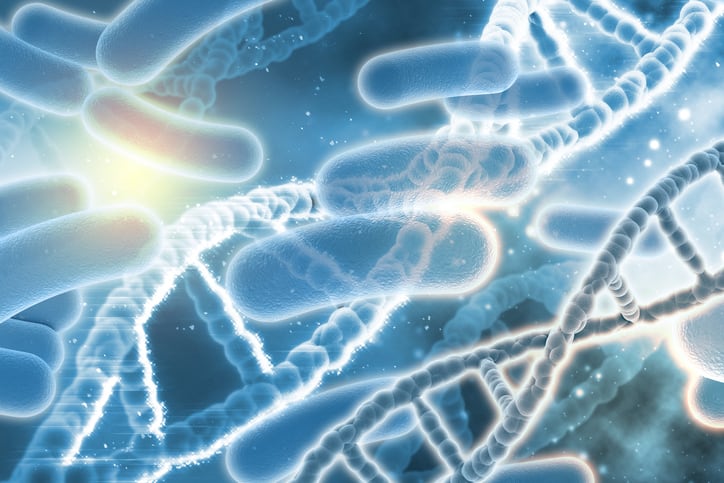The aim of this study was to analyze, for the first time, the relationship between muscle performance-related genes and the risk of increased body mass index (BMI) and muscle mass and a decrease in fat mass in professional football players after creatine supplementation.
A total of 161 male professional football players were genotyped then supplemented with creatine for eight weeks. Anthropometric data were recorded before and after the treatment period.
Resulting data identified an ‘optimal’ genotype with a higher likelihood of muscle mass increase in response to creatine supplementation.
“This study is the first to demonstrate that the response to increased muscle mass under creatine supplementation in professional football players is associated with a genetic score obtained from the combination of favorable/unfavorable genotypes in genes involved in muscle performance,” wrote study author David Varillas-Delgado, head of research at the Universidad Francisco de Vitoria and co-founder at Sportnomics.
Specifically, the CC genotype and C allele of AMPD1 appear to be the polymorphism that best correlate with a higher probability of response under creatine supplementation to increase BMI and muscle mass in the cohort of professional football players studied.
Study details
The study, published in the journal Nutrients, examined the same cohort of athletes presented in Maestro et al. from the same football clubs. However, this study employed a novel set of analyses to address the new hypothesis.
The polymorphisms ACE I/D, ACTN3 c.1729C>T, AMPD1 c.34C>T, CKM c.*800A>G, and MLCK (c.49C>T and c.37885C>A) were genotyped using Single-Nucleotide Primer Extension (SNPE). To assess the combined impact of these six polymorphisms, a total genotype score (TGS) was calculated.
The creatine supplementation protocol consisted of 20 g/day of creatine monohydrate for five days (loading dose) and 3 g to 5 g/day for seven weeks (maintenance dose).
Anthropometric characteristics including body mass index (BMI), fat and muscle mass were recorded before and after the creatine supplementation protocol. Characteristics of non-contact muscle injuries during the 2022/2023 season were classified according to a consensus statement for injury recording.
The results showed that the polymorphisms ACE (angiotensin-converting enzyme) and AMPD1 (adenosine monophosphate deaminase isoform 1) differed between responders and non-responders in muscle mass increase.
Players with a TGS exceeding 54.16 a.u. (arbitrary units) had an odds ratio (OR) of 2.985 (95%CI: 1.560–5.711; p = 0.001) for muscle mass increase. By contrast, those with a TGS below 54.16 a.u. had an OR of 9.385 (95%CI: 4.535–19.425; p < 0.001) for suffering non-contact muscle injuries during the season.
"The increase in BMI and muscle mass in response to creatine supplementation in professional football players was influenced by a TGS derived from the combination of favorable genotypes linked to muscle performance," Varillas-Delgado wrote. "The CC genotype and C allele of AMPD1 were particularly associated with a higher likelihood of muscle mass increase under creatine supplementation in this group of professional football players."
Source: Nutrients
doi: 10.3390/nu16152511 (registering DOI)
“Association of Genetic Profile with Muscle Mass Gain and Muscle Injury Prevention in Professional Football Players after Creatine Supplementation”
Author: Varillas-Delgado, D.


